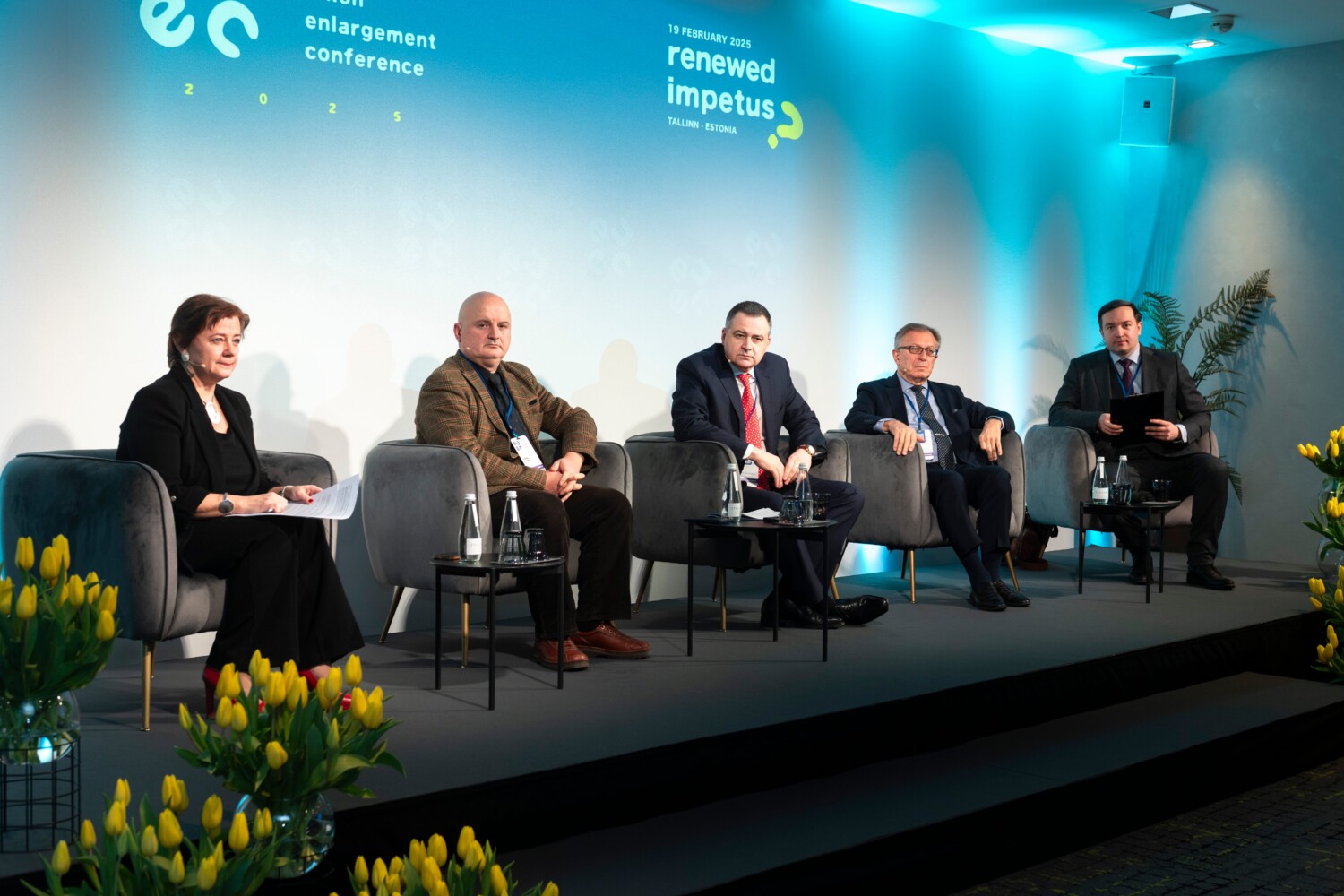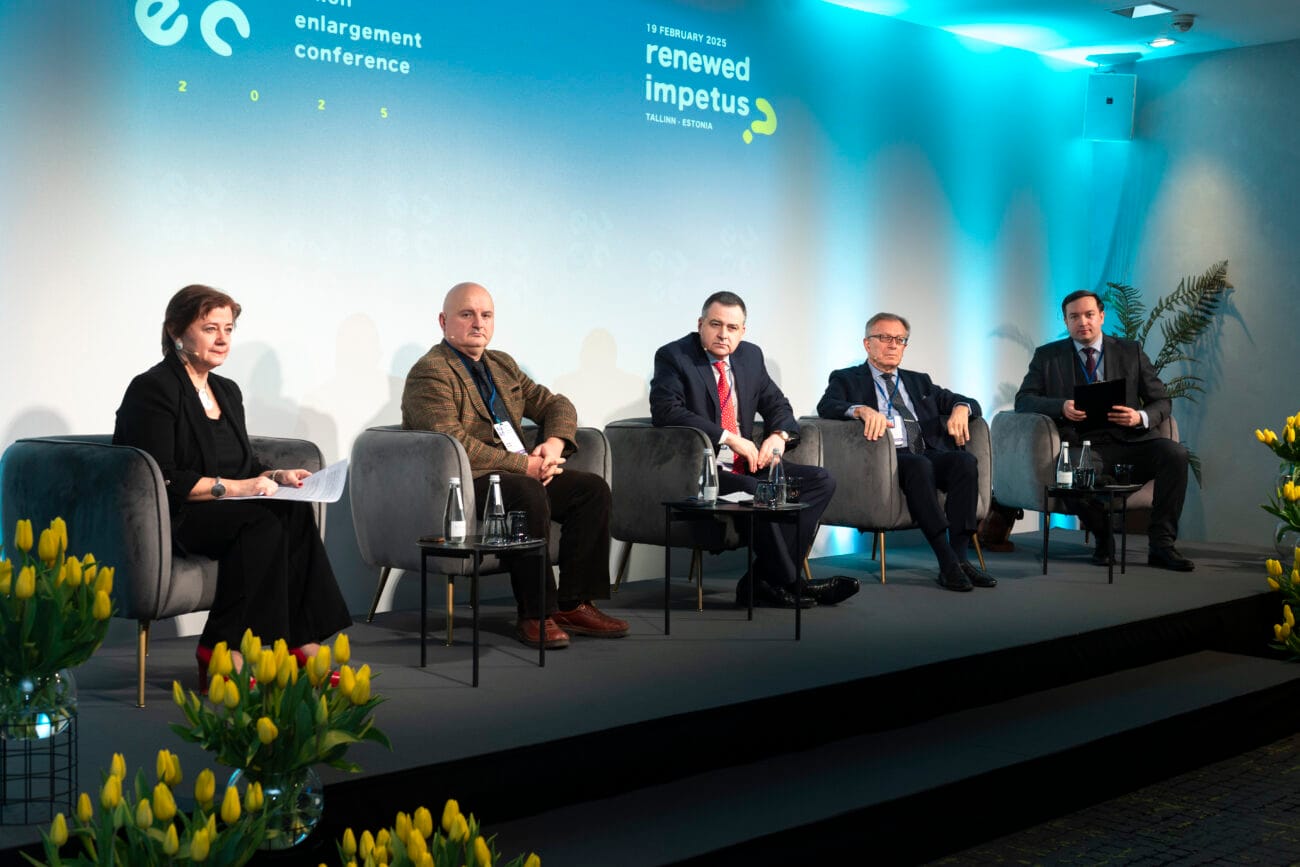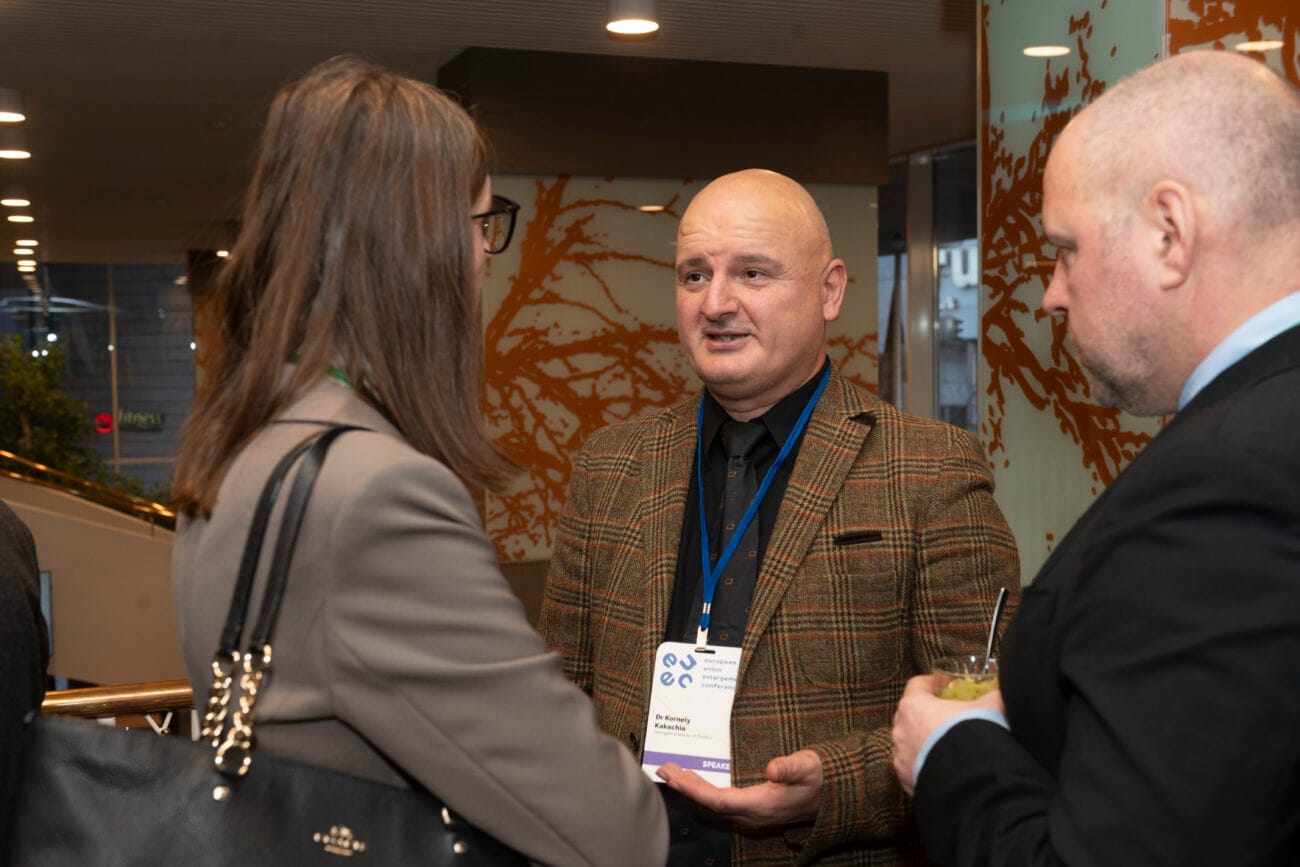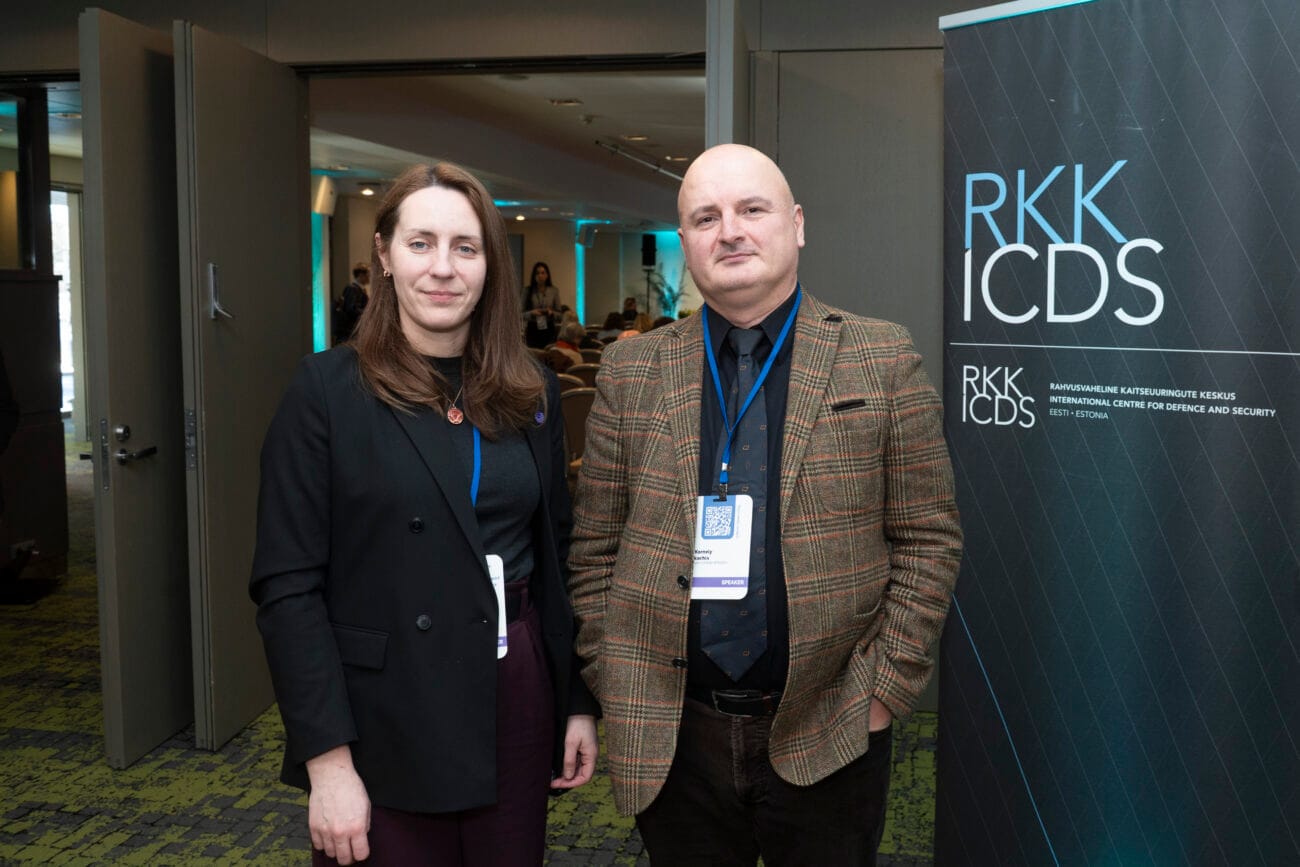On February 19, the Georgian Institute of Politics participated in the European Union Enlargement Conference (EUEC), which took place in Tallinn. The conference focused on the prospects of EU accession for Ukraine, Moldova, and the Western Balkan countries, as well as the EU’s broader strategy on enlargement and its future.
On February 19, Prof. Kornely Kakachia was among the speakers in the fourth panel on Black Sea Security, where distinguished experts explored key issues, including the maritime battlefield, great power dynamics, freedom of navigation, economic zones, and the urgent need for a new EU strategy.
On February 18, Renata Skardžiūtė-Kereselidze participated in a side event of the conference titled “A Mountain to Climb: Russia’s Influence in the South Caucasus and EU Policy Options.” The discussion was focused on a report analyzing the implications of Russia’s invasion of Ukraine and Azerbaijan’s recapture of Nagorno-Karabakh. These events have led to significant geopolitical shifts, reshaping Russian influence in the South Caucasus, a region Moscow has traditionally considered its “sphere of influence.” The report examines the implications of these events for Russia’s geopolitical standing in Georgia, Armenia, and Azerbaijan. It analyses Russia’s opportunities and constraints across military, political, economic, cultural, and other domains.
The conference is jointly organized by the International Centre for Defence and Security and the Estonian Ministry of Foreign Affairs in partnership with the European Commission Representation in Estonia, the Embassy of Sweden in Tallinn, and the Embassy of the Republic of Poland in Tallinn.





